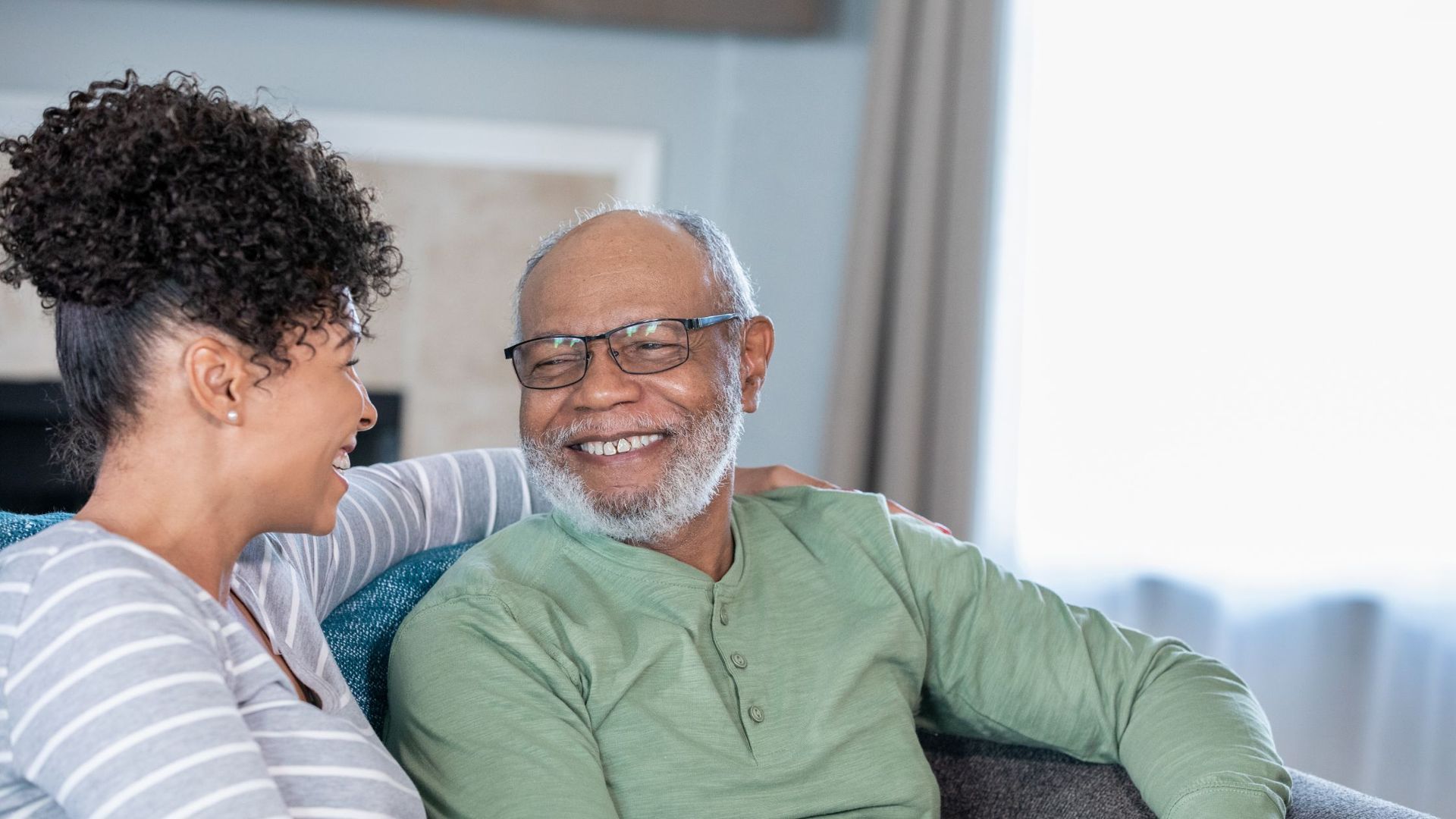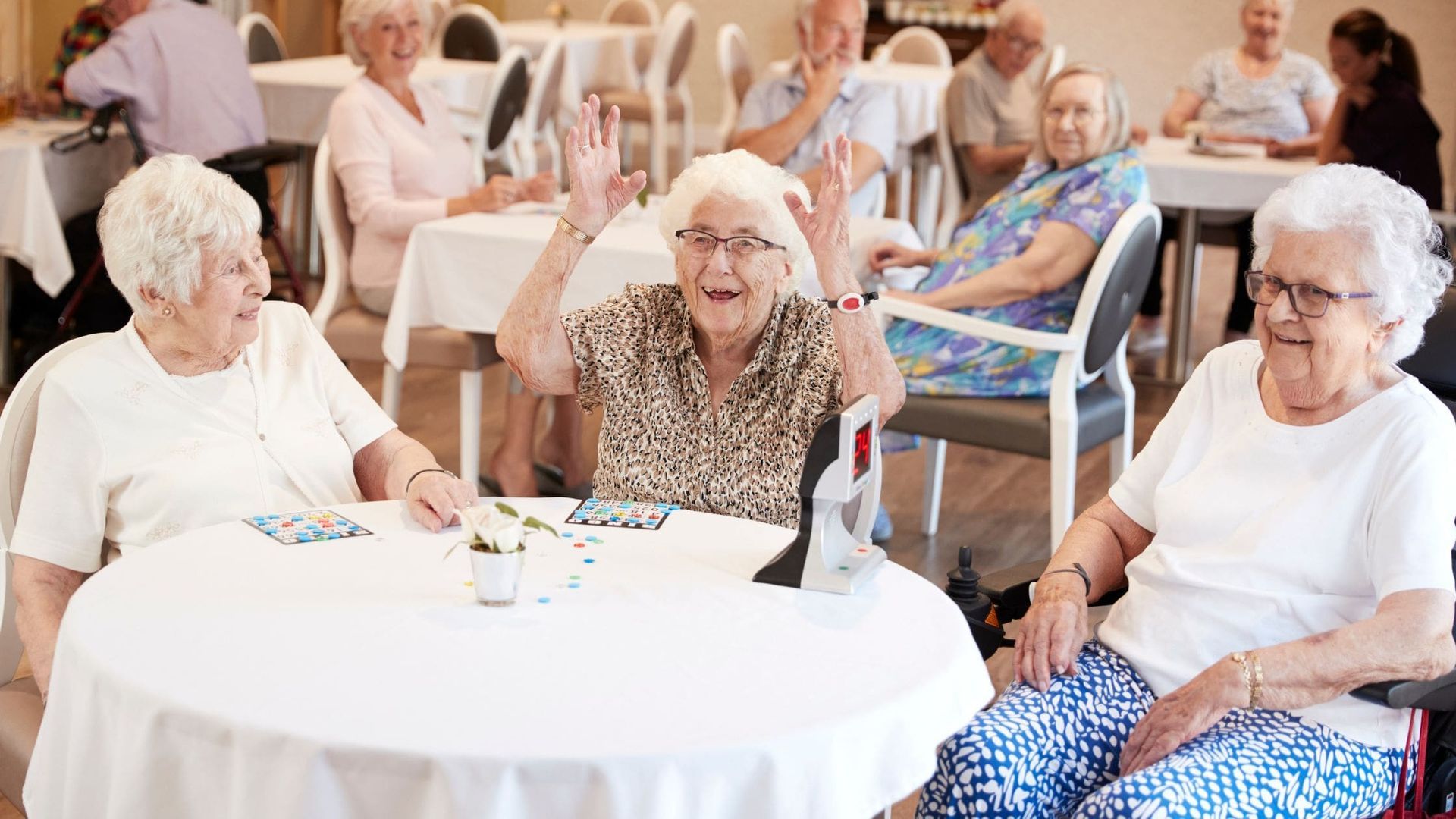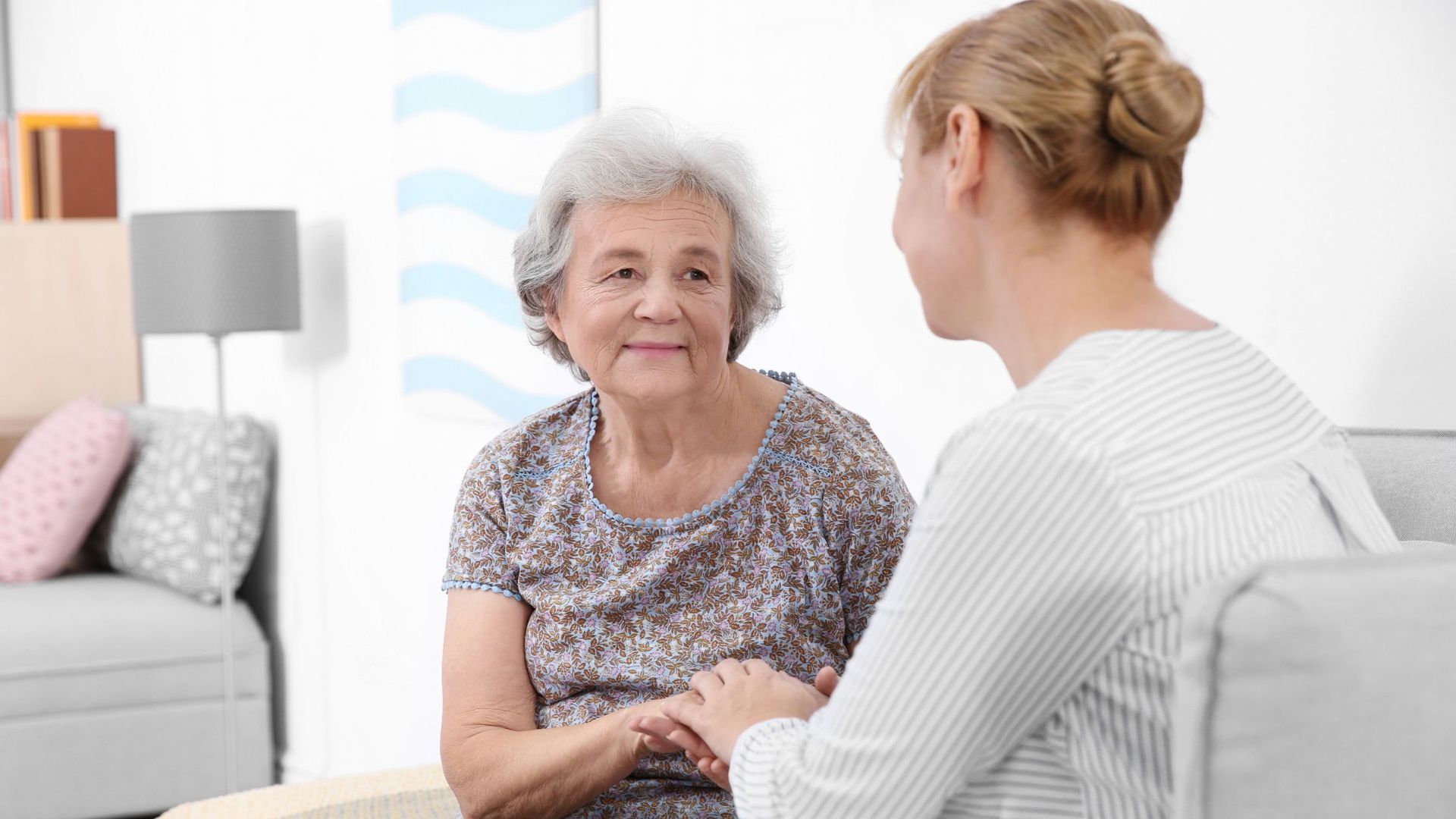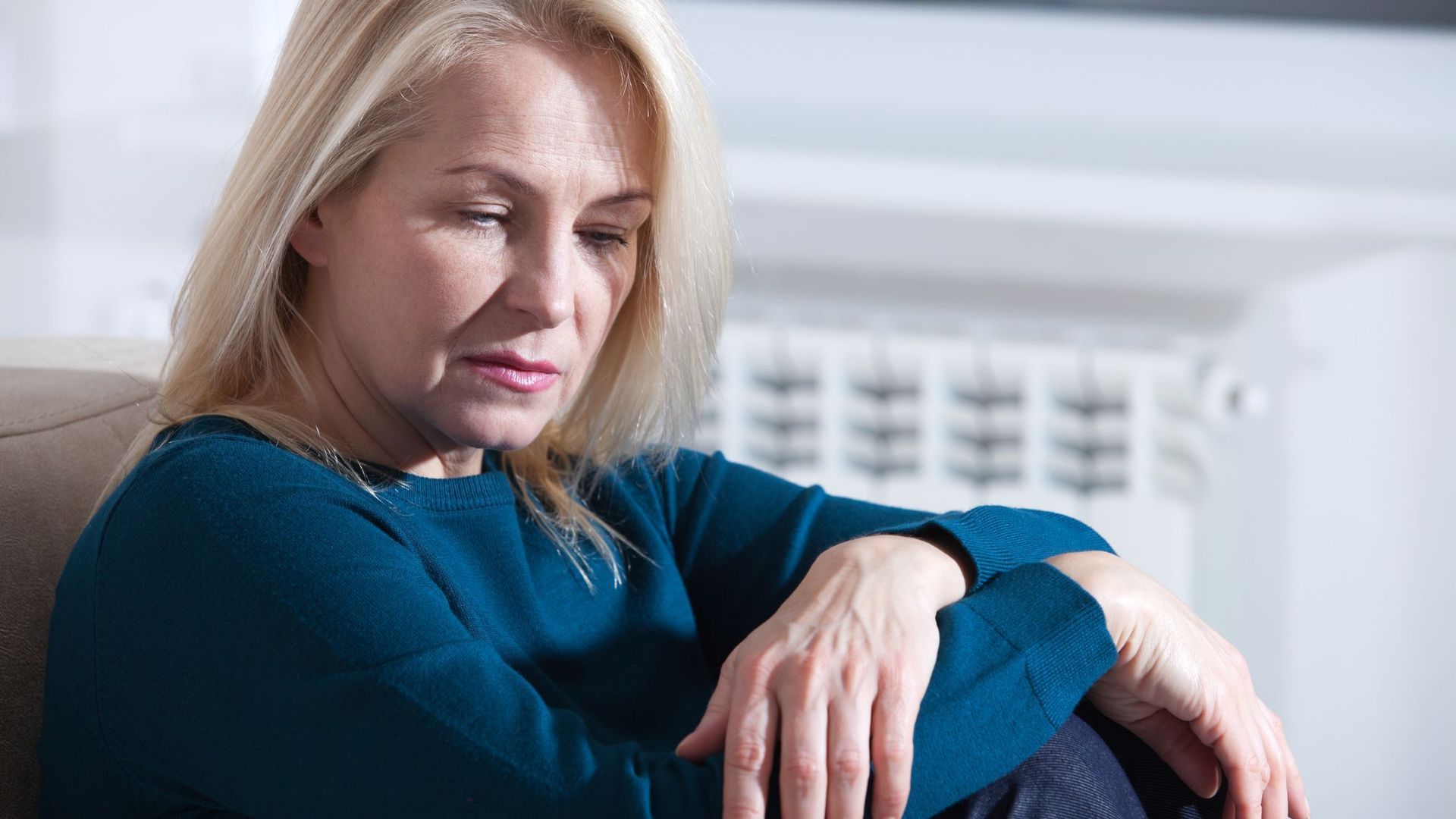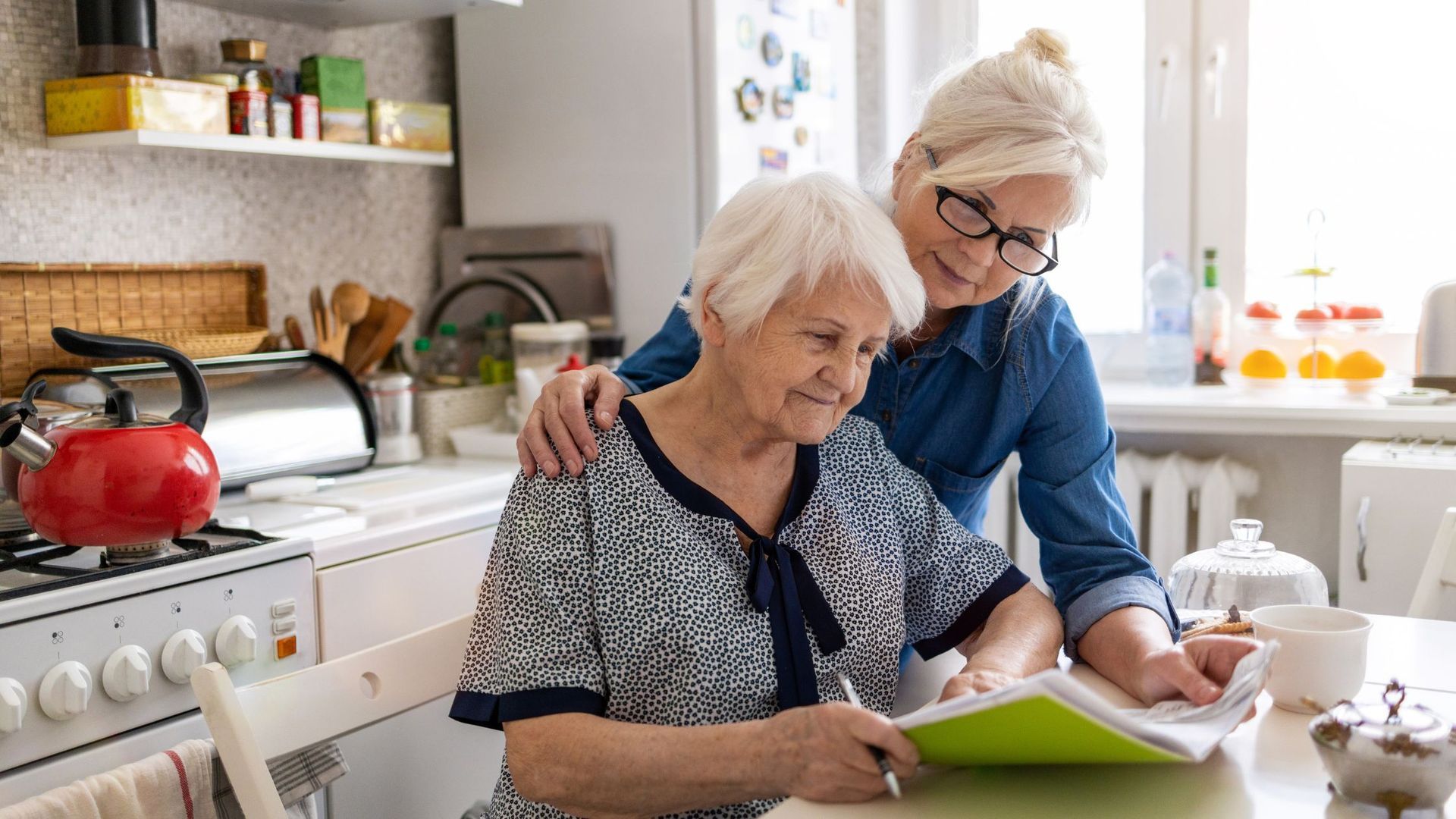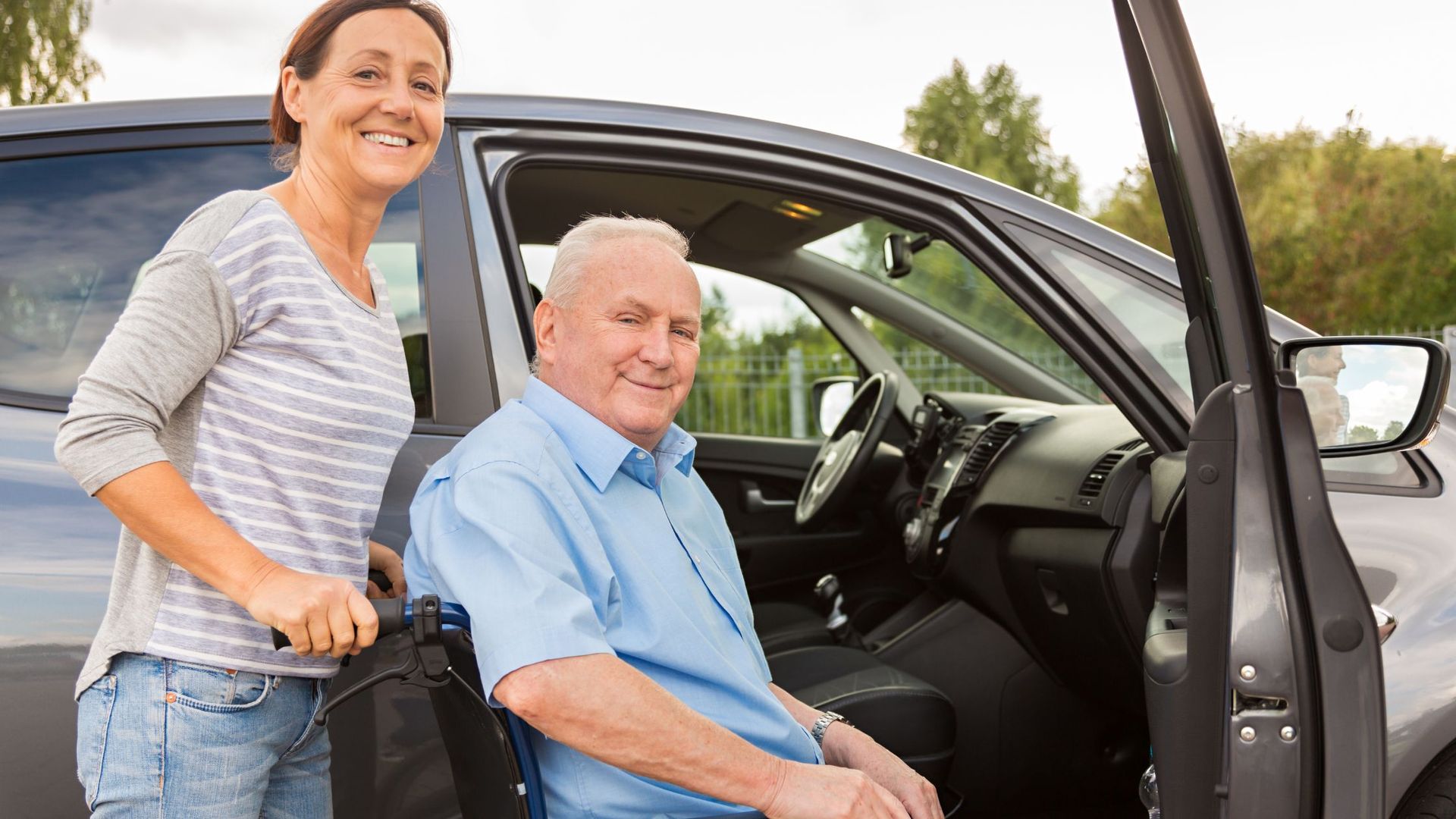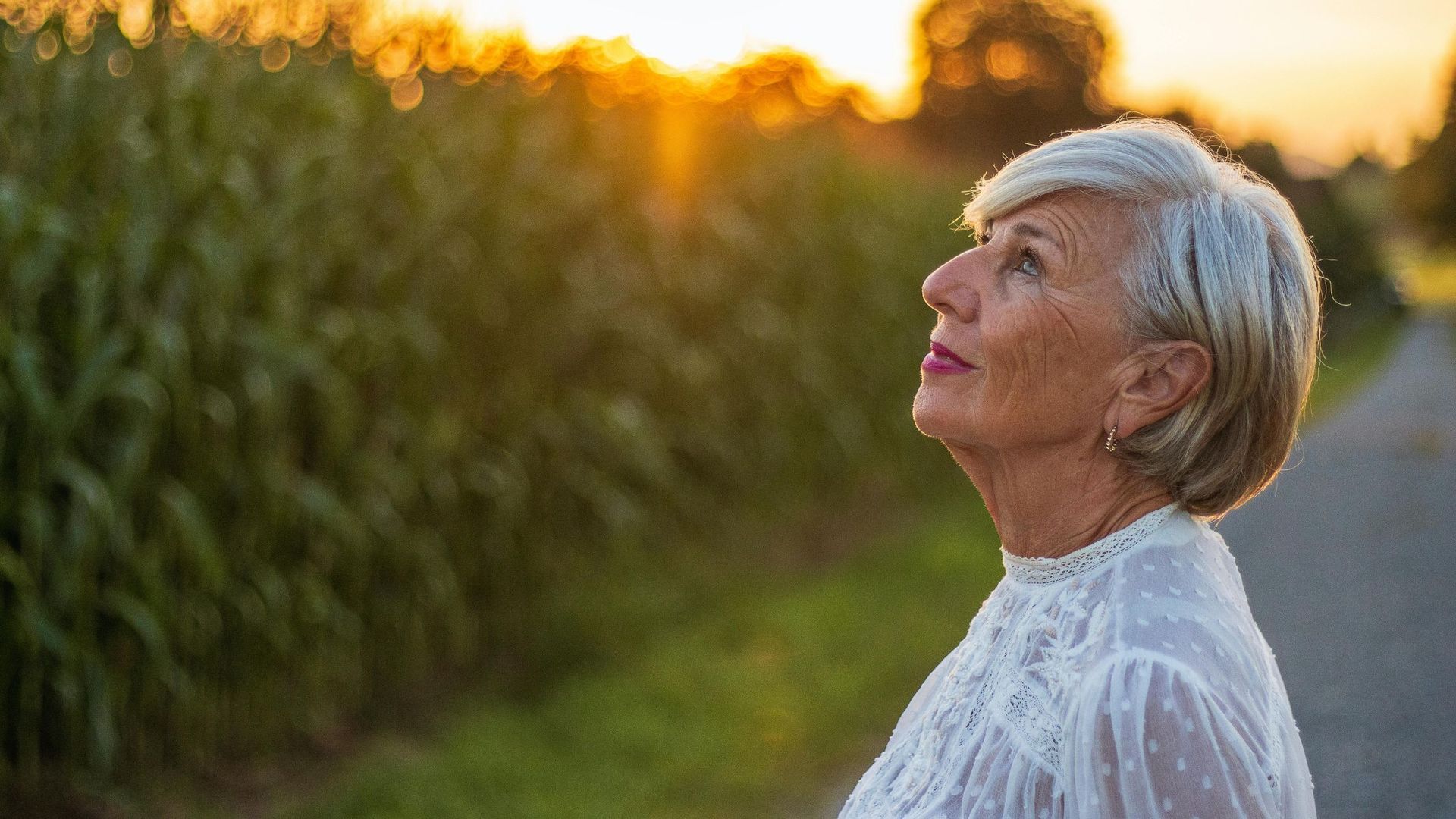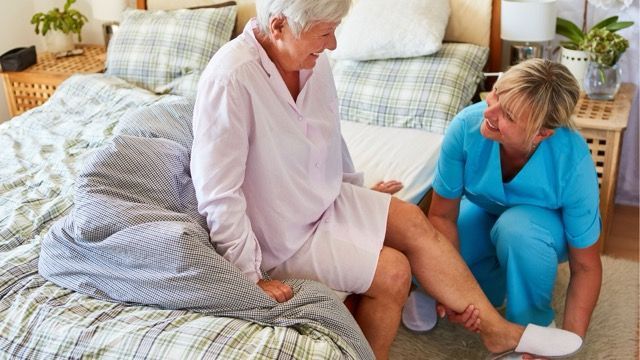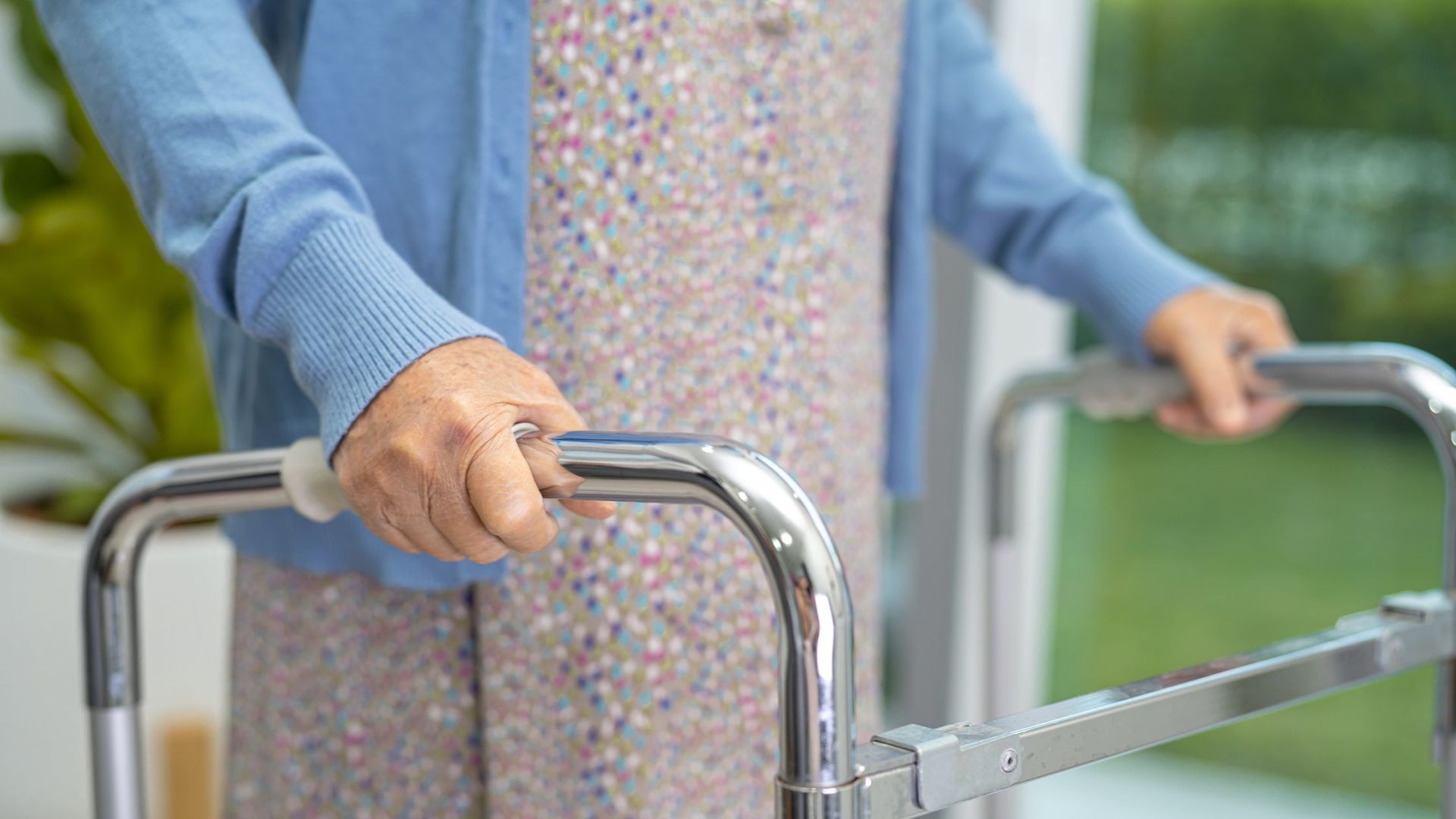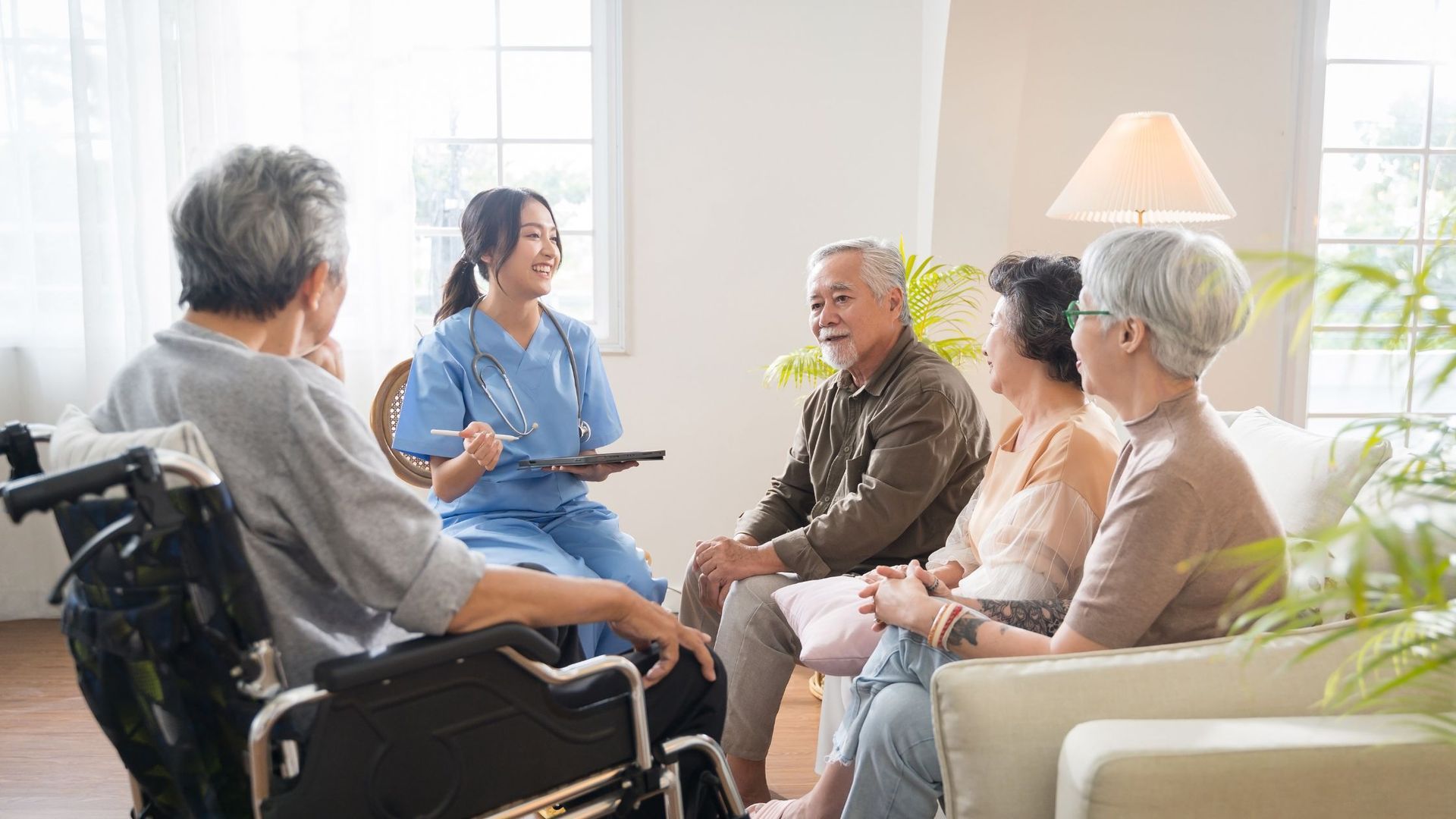Awareness is Step One in Protecting Seniors from Abuse
Awareness is Step One in Protecting Seniors from Abuse
Protecting seniors from abuse starts with being aware of the dangers, signs and steps to helping prevent elder mistreatment. Here’s a basic introduction from Raleigh-area senior care expert, Irene Brooks.
“Abuse” – that’s a scary word. And it’s all the more so when it’s linked to those who are isolated or unable to defend themselves, like many of our older adults. In 2006, June 15 was declared World Elder Abuse Awareness day by the INPEA (International Network for the Prevention of Elder Abuse) and the WHO (World Health Organization).
Yet the statistics related to abuse of those 60 years and older continue to tell us there’s more work to be done to protect our parents, grandparents, neighbors, and friends from harm. One of the best ways we can do that is to become more aware of the types of abuse and their risk factors, and to learn to spot the signs that something is not right.
Surprise! Abuse is often very close to home…
The first thing to recognize is that abuse is far more likely to come from someone known to them, vs a stranger. In most cases, sadly, seniors are being abused and/or neglected within the home: ⅔ of abusers are adult children or spouses.
Sometimes it may be a classic domestic violence situation. Other times the cause may be rooted in lifelong parent-child power struggles that spin out of control. Caregivers being out of their depth physically and emotionally can cause great harm even when unintended.
Basic lack of understanding or awareness of an older adult’s deteriorating mental or physical condition is another situation that can cause problems. But no matter what the behaviors stem from, the impact is the same: harm and loss of safety (or even life) to the victim.
LISTEN and WATCH for signs
What are the clues that someone may be a victim of elder abuse? Or that someone is at risk?
Dangers can manifest in various forms, including physical, emotional and financial. Recognizing the warning signs is crucial for timely intervention. Here are the top 5:
- Physical Distress: Unexplained injuries like bruises, cuts, burns, or broken bones with no clear explanation. Authorities will be particularly on the lookout for frequent hospital visits (especially if there is a pattern of repeated injuries).
- Emotional and Behavioral Changes: someone becoming withdrawn, depressed, or anxious. A fearful response to certain individuals or settings may also be a sign, especially among those with dementia.
- Neglectful Care or Self-Care: Poor hygiene, an unkempt appearance, or regularly wearing dirty clothes, especially in someone who’s always been clean and pulled-together, is a red flag. So are unmet Medical Needs, from untreated bedsores, to unattended medical conditions, or lack of necessary aids like glasses or hearing aids.
- Financial Exploitation: Missing belongings or unexplained changes in wills, property, or financial documents are major concerns, of course. But also listen and watch for unusual financial activity like sudden changes in spending and/or banking habits, large withdrawals, unauthorized transactions – particularly if a new romantic relationship has developed. “Romance fraud” is a major cause of abuse among those 60+. IMPORTANT: Remember the older adult may also be embarrassed at the thought of having been scammed or duped by any scenario, from romantic to tech to investment scams. You and they should know that many of these criminals have taken fraud to a truly “professional” level that can suck anyone in! The only shame is on the criminal!
- Social Isolation: Does a neighbor or family member have little to no contact with friends, family, or community? Are caregivers or family members preventing others from visiting or speaking with the elder alone? Listen for repeated claims that the person is “too tired” or “not having a good day;” this may really be intentional isolation by the abuser.
Action steps for protecting seniors from abuse: what do you do?
If things don’t seem right, it's most important to address it with the person directly, if you can. If they’re not able to act on their own, or you feel they’re in an unsafe situation, report it to local authorities or adult protective services and let them take charge of investigating.
Discussing elder abuse with a possible victim does require sensitivity, compassion, and a non-judgmental approach. Here are steps to help broach the subject:
Ensure the conversation takes place in a private and comfortable setting where the elder feels safe and secure.
Express concern for their well-being, conveying that your intention is only to support them. For instance, you might say "I've noticed some changes lately, and I just want to make sure you're okay. I care about you and want to help if you need it."
Ask Open-Ended Questions to allow the older person to share their experiences without feeling pressured or judged, e.g., "Can you tell me more about how things are going at home?" or "I noticed a few bruises, and I'm worried about how you got them. Can you tell me what happened?"
Reassure them that it’s not their fault if someone’s mistreating them, and that they deserve to be treated with respect and dignity.
Offer to help connect them with information and/or available resources, such as adult protective services, support groups, or helplines.
If they’re not incapacitated, you’ll want to respect their autonomy and decisions, even if they are not ready to take action immediately. Let them know you are there for them whenever they need support.
And be sure to follow up. Check in regularly to show ongoing support and concern for their well-being. Approaching the subject with care and understanding can encourage them to open up and seek the help they need.
Do what you can to be aware of an older person’s shifts in mood, ease of movement, and/or willingness to engage with you or others; it’s often a matter of allowing yourself to really see and connect with a neighbor, friend, or family member. When you know them better, it’s easier to spot problems, and helps them be more likely to admit to the need for help.
ACTION TIP:
In Wake County NC, if you need help investigating or protecting seniors from abuse situations call the Adult Protective Services at 919-212-7264, or call 911. In Johnston County, NC, it’s the Dept of Social Services at 919-989-5300 or 911.
